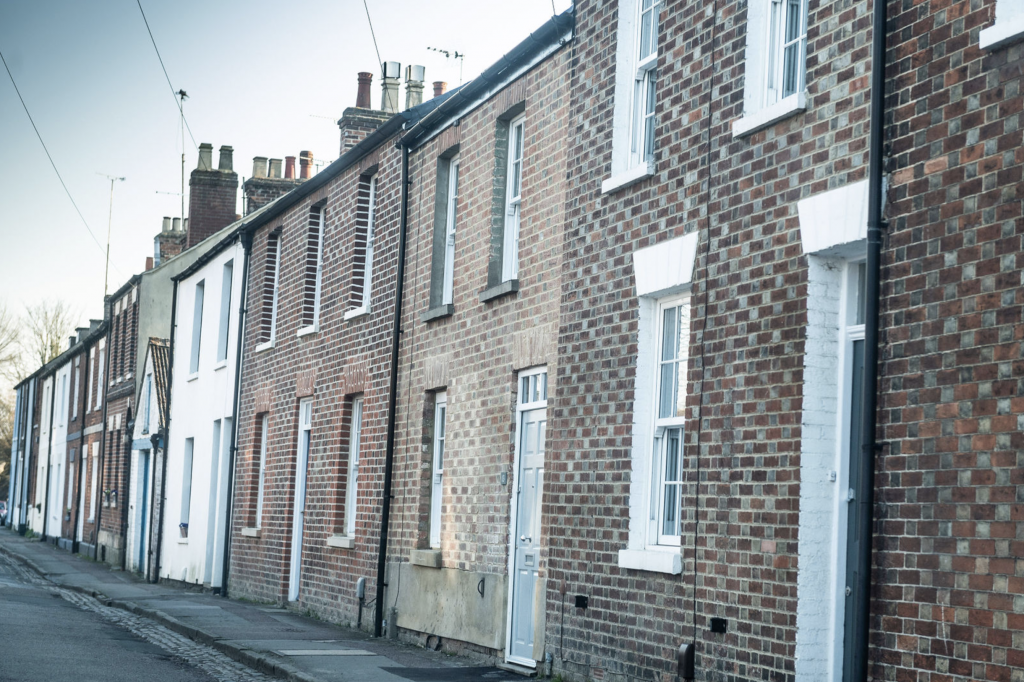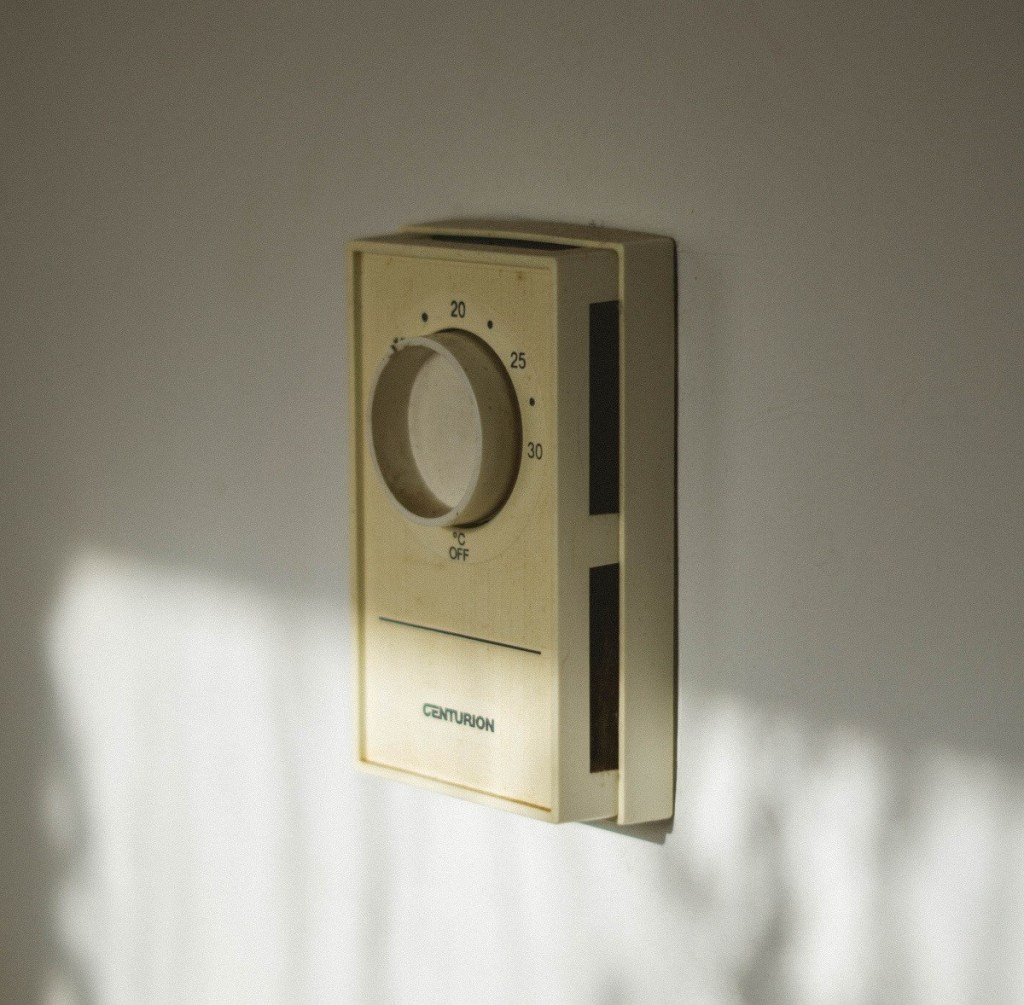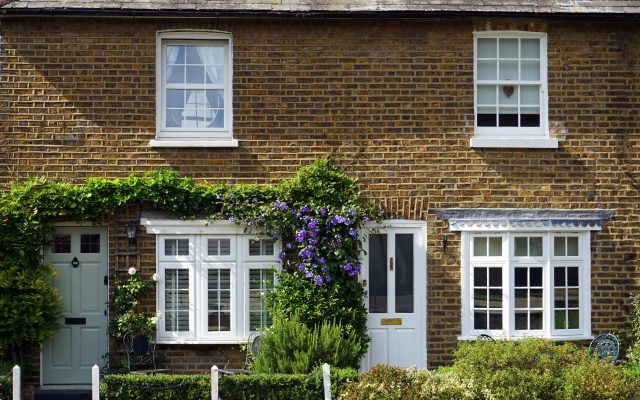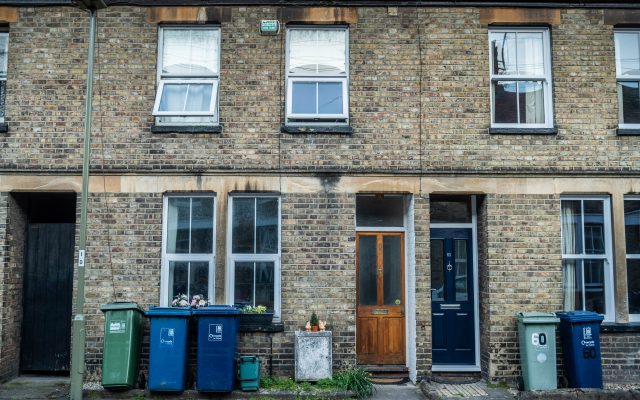Why home energy efficiency is so important in tackling the climate emergency
In a show of resilience towards the climate emergency, the UK government has made the commitment to become net-zero by 2050. The UK’s net-zero target would reduce greenhouse gas emissions by at least 100% of 1990 levels, as recommended by the Committee on Climate Change.
Clean energy growth is the key to meeting this environmental target. The housing sector in the UK accounts for 14% of UK energy consumption, higher than road transport or any other industry. Transformations are already being made within these sectors to address the climate emergency, but what can be done for UK housing? Could an increase in home retrofits generate the energy savings needed to form a major part of the UK’s contribution to reducing climate change?
That’s what we’ll be exploring in this blog post. To get started, take a look at this short video with low carbon community groups in Oxfordshire explaining why they think home energy efficiency has an important role to play in tackling the climate crisis.
The oldest and least efficient building stock in Europe

According to a 2019 report by the Green Alliance, an independent environmental think-tank and charity, the UK have the least efficient housing stock in Europe. Old, cold, uninsulated and costly- heating these existing homes is a major source of carbon emissions. Only meaningful action can mitigate this. According to research from the University of Salford and The Energy Saving Trust, 11% of our carbon target could be achieved if every UK household took energy efficiency measures now.
The Scaling up Retrofit 2050 report by the Institute of Engineering Technology and Nottingham Trent University, states that 80% of the homes that we will be living in by 2050 have already been built. So an extensive nationwide programme of home retrofits and refurbishment is the only way to deliver the required carbon savings. Adopting a ‘whole house’ model of retrofitting, which uses new technology and renewable energy to improve home energy efficiency, can help provide the many healthy and cosy homes needed across the UK.
Lower your home’s environmental impact

One of Cosy Homes Oxfordshire’s project partners, the Low Carbon Hub, highlights a few ways to retrofit your home, ensuring it’s as energy-efficient as it can be in a recent blog. From better heating regulation to improved insulation, home retrofit is an assured way to improve your home energy efficiency whilst lowering high-energy bills. As part of the net-zero target, the UK government has the ambition to retrofit all homes to an EPC band C standard by 2035.
In order to meet the demands of the Climate Change Act, all environmental solutions, big and small, are urgently needed to actively reduce energy use and help decarbonise the UK housing sector. Evidence shows that a holistic move towards a sustainable lifestyle can begin in your own home. You can take the first step towards a more energy-efficient home by registering your home for a Whole House Plan today. A Whole House Plan is a home energy audit and retrofit recommendations report tailored to the needs of your home.
Want to get started with lowering the environmental impact of your home? Register your home with us today.
Read next…

Making your period property sustainable and comfortable
Owning a period property is a joy, but making it more energy efficient can feel like a challenge. Many homes in the UK, especially those built before 1946, aren’t built with modern energy-saving measures in mind. But that doesn’t mean you can’t make
Improving the energy efficiency of your home as a rental tenant
If you’re a tenant in a rental property in Oxfordshire and you think the energy efficiency of your home could be
Retrofitting a Cotswold cottage
This home transformation took place in an end-of-terrace cottage in the picturesque village of Hook Norton, located in the Cotswolds.
